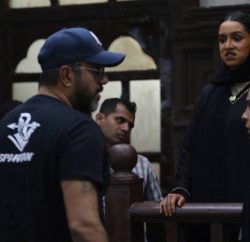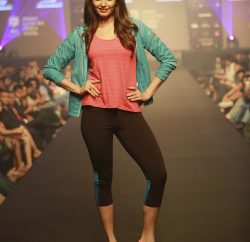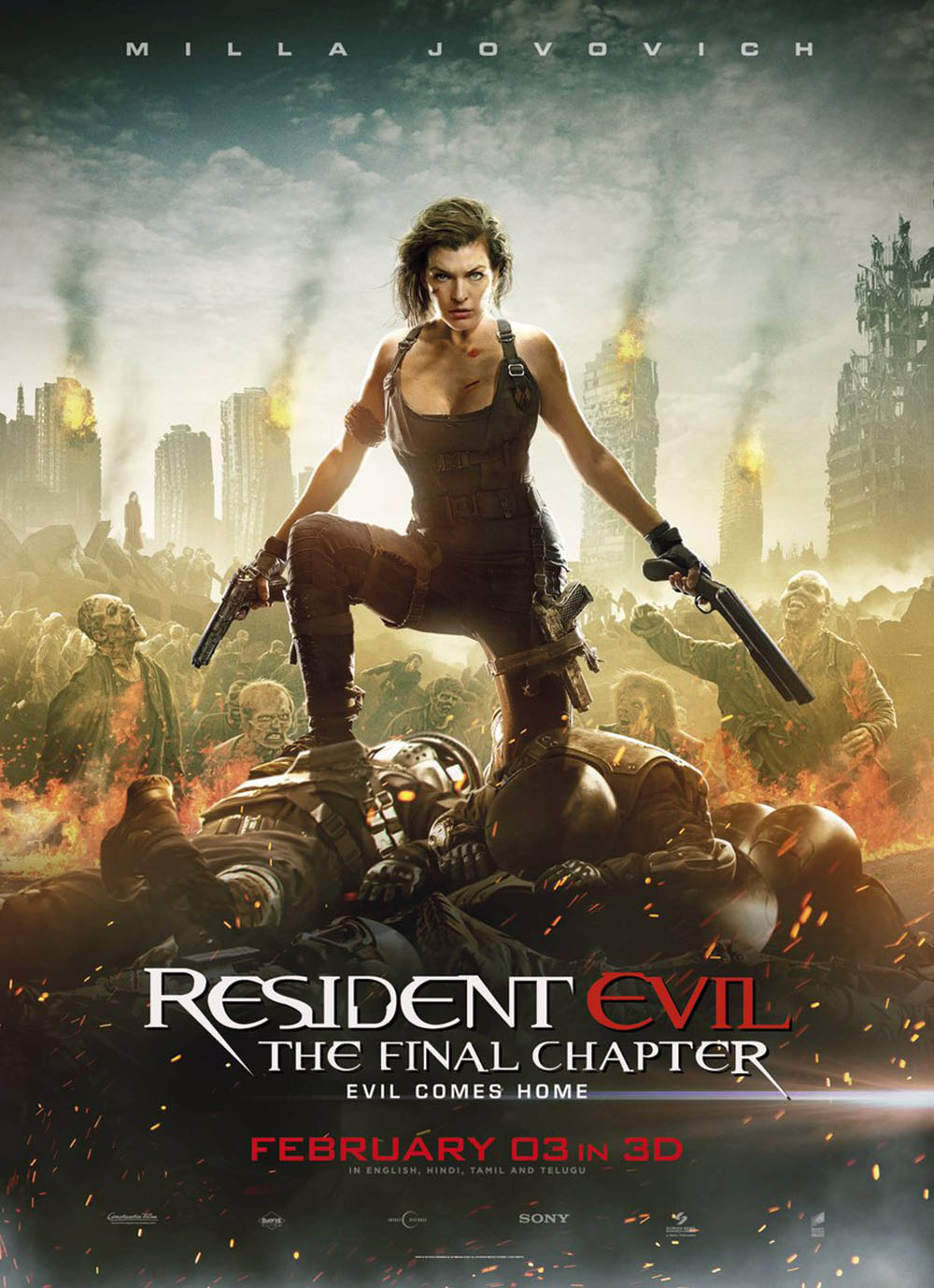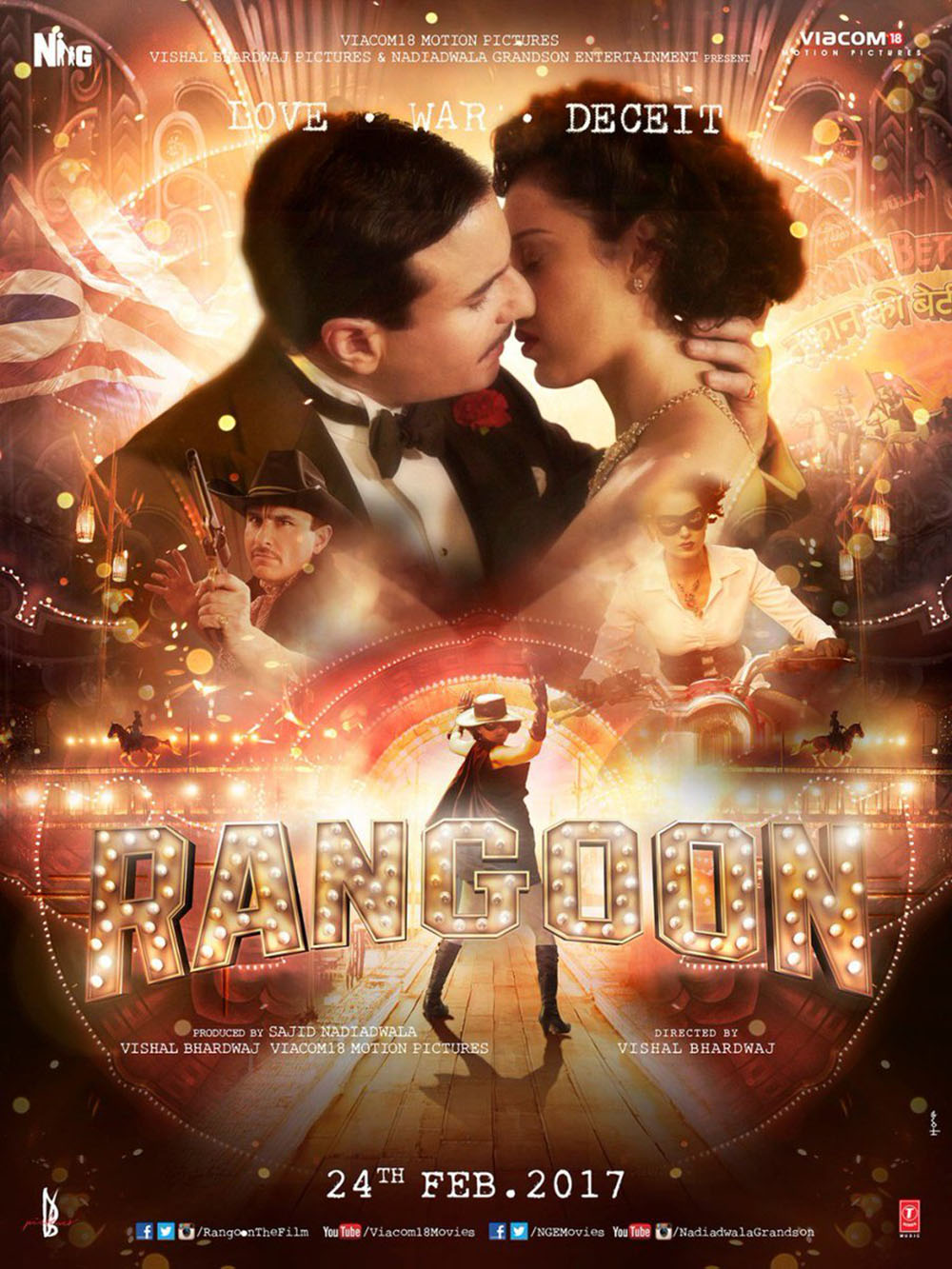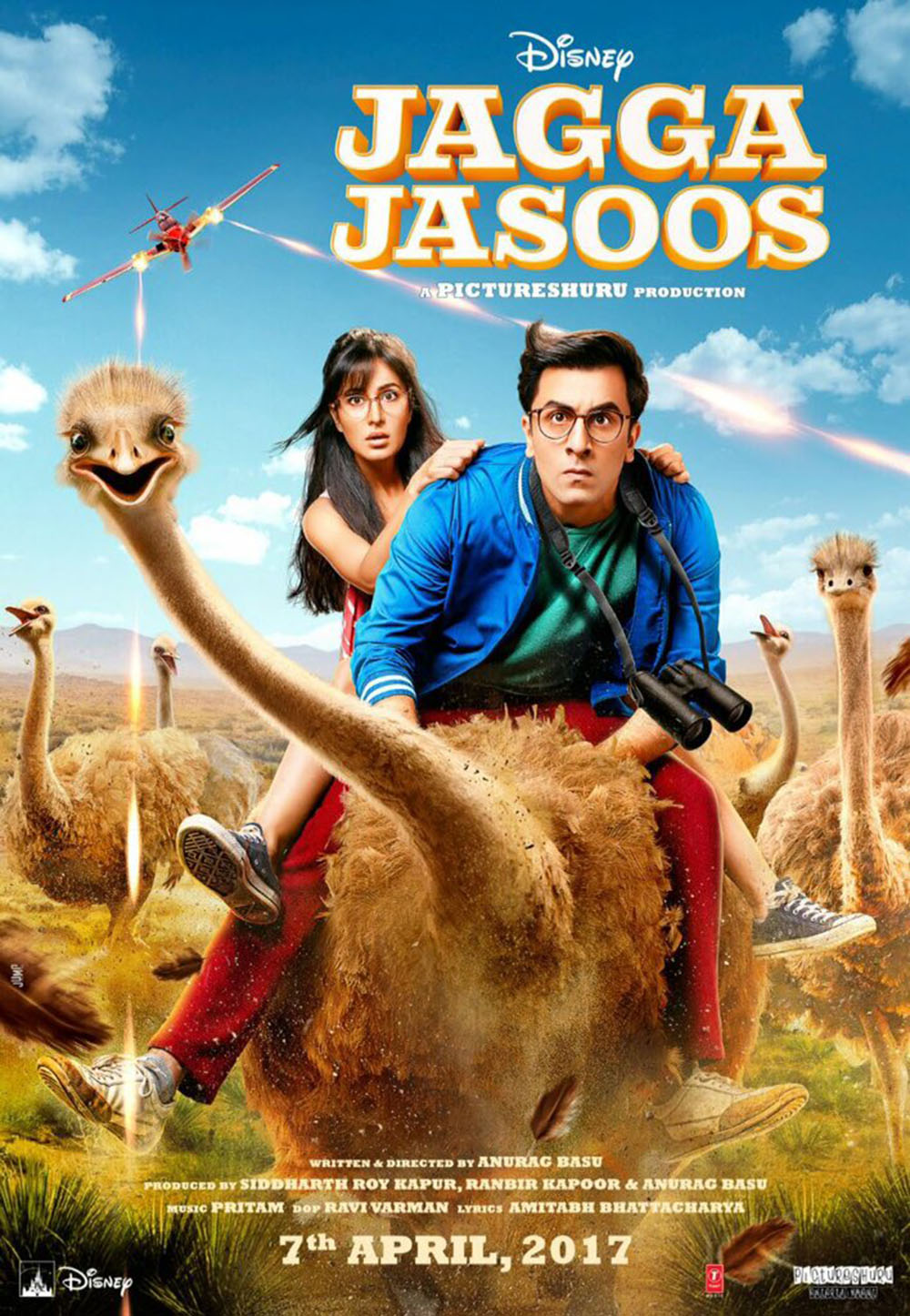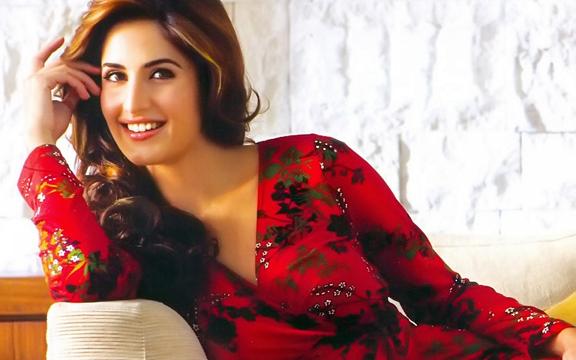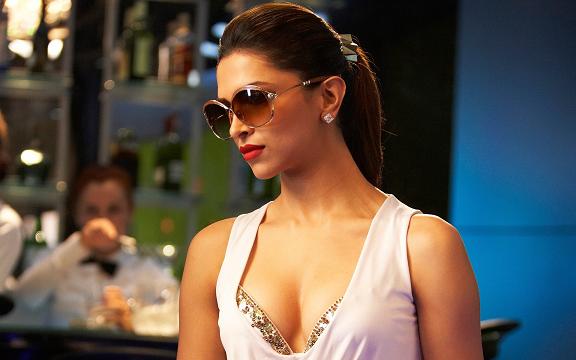My first question is about your skill to become a domestic drama in a kind of Greek tragedy. Did you do the same in A separation, The past and now in The Salesman. How did you know that you are in front of your next story ?
I’d been taking notes for this simple story that I’d had at the back of my mind for some time. When the chance to do a film in Iran came up, I started collecting all these scattered notes I’d been taking over the years. Besides that, I’ve always wanted to do a film that takes place in the world of theatre. I did theatre when I was younger, and it meant a lot to me. The story was ideally suited for the theatre milieu. So I started developing a scenario about characters putting on a play.
Talking of casting of The salesman: how is the process to find the right actor (actress) to make a great performance?
It varies from film to film. With The Salesman I knew who would be playing the two leads while I was writing the summary; in general terms there’s usually one or two parts I know which actors will play them. This helps me a lot in entering the world of the film. On the set I am more comfortable, too, because we know each other’s tastes.
Emad is my favorite character because he looks like an ordinary person, put himself in another face of his mind: is angry and he wants revenge. Tell me about your job in terms of building the character in script and your approach with actor.
I have one in mind for each of the characters you see. The actors go and build their own backstory, sometimes we end up discussing them, and sometimes they’re quite different. Where those differences don’t affect the character in any major way, I let that stand. Anywhere where it does change the character in any major way, I’ll ask them to change it.
I remember when I was talking to Taraneh Alidoosti, she asked, “Why doesn’t she live with her family?” In the story that I had in mind for her, this girl’s family lived in a different city. When I told her this, Taraneh said, “Now, I have to go and work differently on this character because she’s from the provinces.”
The characters were simply created so that the viewer doesn’t have the feeling this couple is any different from many others. It’s an ordinary couple with its own characteristics. They’re both in the cultural sphere and act in the theatre. But they find themselves in a situation that reveals unexpected aspects of their personalities.
In between lines, I can feel a critic point of view about women situation in Iran: the choice of Rana is be quiet and avoid a scandal. Please, tell me your intention in the film in this way.
We have this idea of being a bit prudish and the body and family is something that is private. This is something you learn in Iran when you are a child, you have this dichotomy between men and women. Failure to respect this privacy – I’m not commenting on it, I’m just saying that this exists. In addition to this privacy, there is this problem of collective judgment – the way others view you, which is very important.
You’re one of the most representative filmmaker of Iran. Do you see your career as a huge responsibility?
I don’t see it as a pressure but as an opportunity. I recognize that no one film could in any way claim to provide a picture of a whole society, a society of over 70 million that have a variety of beliefs and lives. But each film can provide a picture of a small segment of that society. But even that that’s a relative picture from my point of view! But for as long as it doesn’t limit my abilities as a filmmaker I’m going to take advantage of this opportunity to provide a window into my country.

